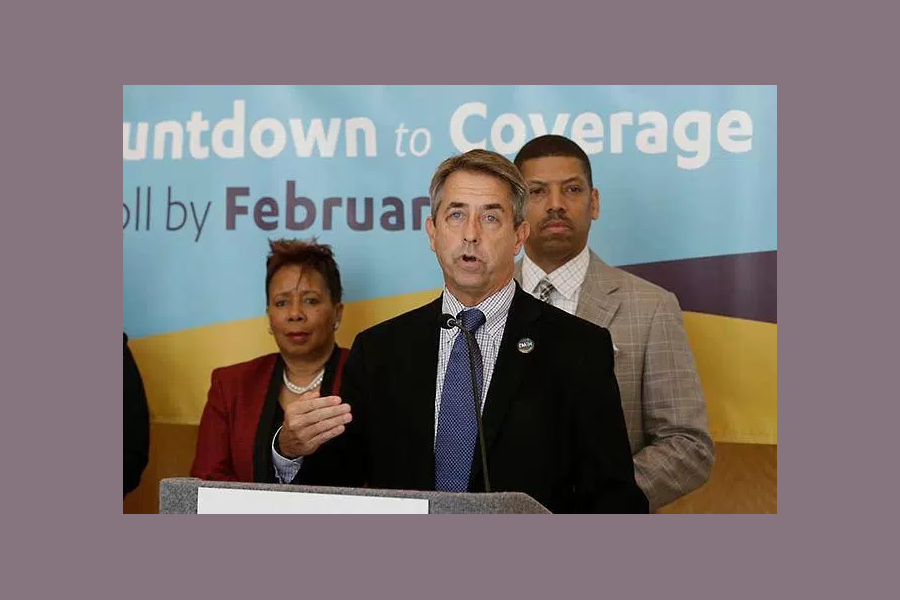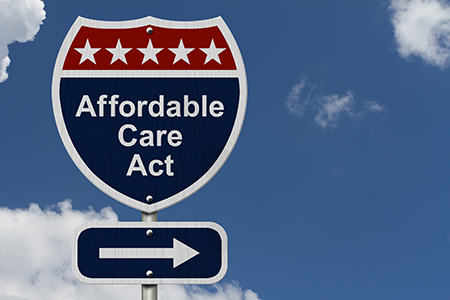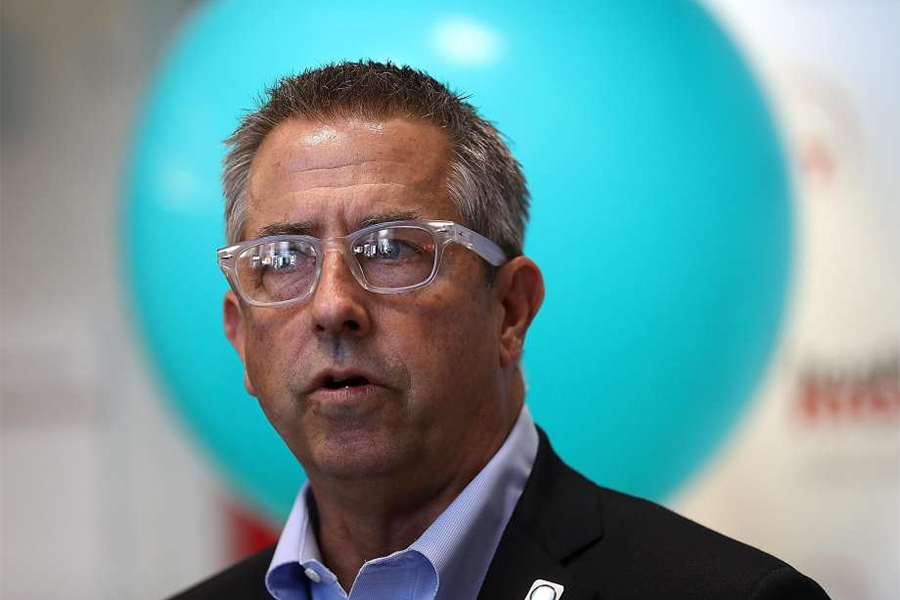Originally Posted by California Healthline
Although California has been one of the most “proactive” states in attempting to ensure timely access to mental health care, the state still has struggled to enforce compliance of the federal mental health parity law, Kaiser Health News reports (Gold, Kaiser Health News, 8/13).
Background
Under the 2008 federal mental health parity law, coverage for mental health must be equal to that for other medical conditions. As a result of the law, insurers have dropped annual limits on therapy and reduced copayments and deductibles for mental health. However, insurers still can deny coverage by deciding what treatments qualify as medically necessary (Gold, Kaiser Health News, 8/3).
In 2014, the federal government mandated that insurers could not use higher copayments or limit the number of mental health treatments as a way to address behavioral health differently from primary care (California Healthline, 8/3).
Parity Problems in California
According to KHN, California has done a number of things to ensure mental health parity. For example, in addition to the 2008 federal measure, a separate California law requires insurers to provide patients with mental health care access within a designated timeframe. Further, the California Department of Managed Health Care last year implemented a mandate that insurers under its supervision prove their compliance with the federal mental health parity law.























